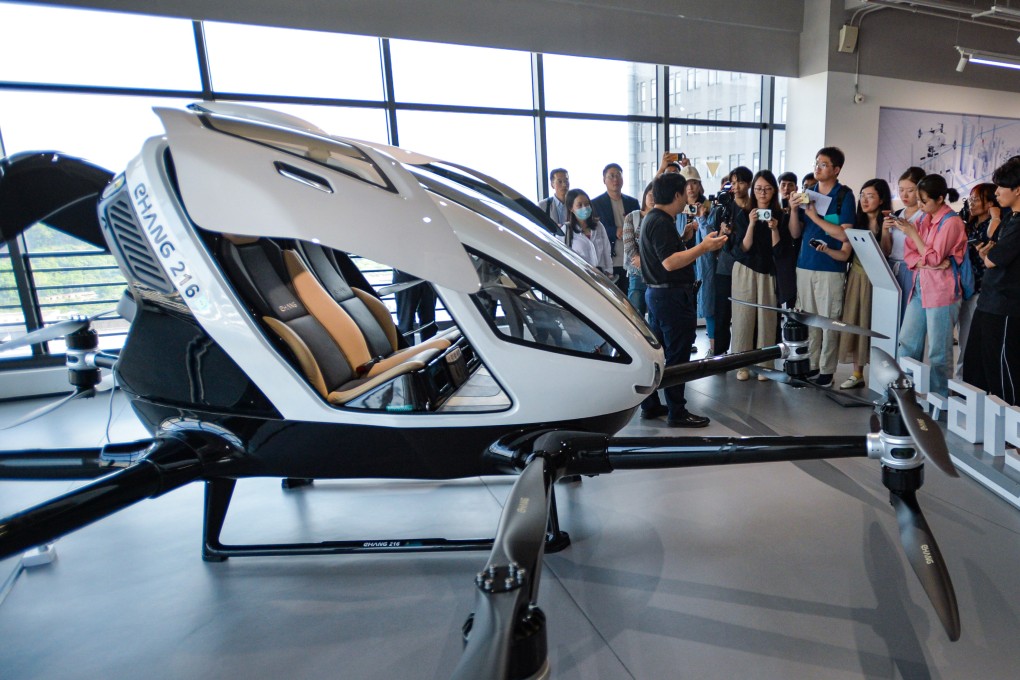Hong Kong must address drone safety before matching mainland’s ‘low-altitude economy’: Lee
- Lawmakers have urged government to follow mainland China’s lead and embrace crewless aircraft to transport tourists, make food deliveries

He said Hong Kong, being “very dense with many high-rise buildings”, faced a number of challenges to catch up with the path being forged across the border, and the city was proud to see the mainland take the lead in the use of drones.
A government study showed that any moves to expand the use of commercial drones in the city would require coordination between departments and adjustment of regulations, Lee added.
“Safety issues include not only drones falling on people, but also the impact on waterways. Even if the fall is slowed down [by parachutes], there are some issues,” he said during a question and answer session at the Legislative Council.
“It also concerns the [coverage of mobile network] signals, because if a drone is flying far away, we must ensure it can keep receiving signals.”
